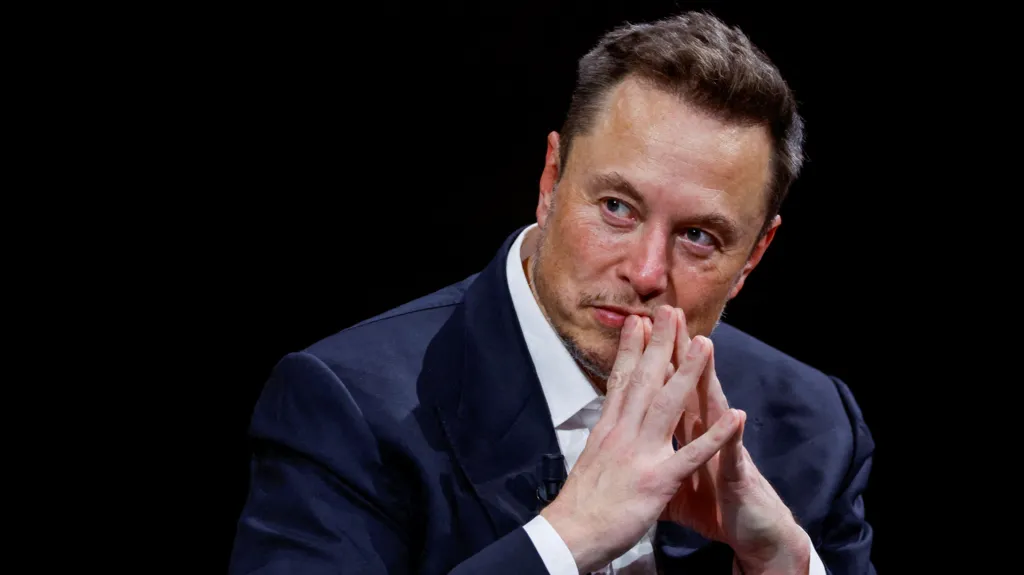Tesla Shareholders Approve Elon Musk’s Historic $1 Trillion Pay Package
In a landmark corporate event, Tesla shareholders have approved a record-setting compensation package for CEO Elon Musk, valued at nearly $1 trillion. The plan, supported by roughly 75% of votes, grants Musk access to over 400 million Tesla shares if he meets a series of bold performance milestones over the next decade, paving the way for Elon Musk’s Tesla $1 trillion pay deal by 2025. These include increasing Tesla’s market capitalization from its current $1.4 trillion to $8.5 trillion, delivering 20 million vehicles annually, and launching one million autonomous robotaxis worldwide.
The Tesla board defended the staggering payout, asserting that it reflects Musk’s central role in transforming the company into a global leader in electric mobility, clean energy, and artificial intelligence. “This isn’t just about cars anymore,” one board member said privately. “It’s about creating the next frontier of human and machine collaboration.”
Following the shareholder approval, Musk took the stage at Tesla’s Austin Gigafactory, celebrating the decision as “a new book, not just a new chapter” for the company. Dressed casually, he danced amid chants of his name and promised that Tesla would continue to push “beyond what anyone thinks is possible.”
Musk’s Vision: From Electric Cars to AI-Powered Robots
While investors and analysts have long focused on Tesla’s electric vehicles and energy products, Musk emphasized that the company’s next frontier lies in robotics and AI. Central to this vision is Optimus, a humanoid robot prototype unveiled in 2022, designed to handle “unsafe, repetitive, or boring tasks.” Optimus uses the same AI architecture as Tesla’s autonomous vehicles, making it a key piece in Musk’s plan to integrate artificial intelligence into manufacturing and daily life.
“If Tesla can automate human-level motion and perception,” Musk said, “we can redefine labor and productivity forever.” The company is currently testing Optimus in its production facilities, and engineers are developing commercial applications for home use, logistics, and healthcare. Industry experts estimate that the global robotics market could exceed $400 billion by 2035, and Musk aims for Tesla to lead that charge, with plans connected to Elon Musk’s ambitious Tesla goals for a $1 trillion pay deal around 2025.
Yet critics question whether this ambitious pivot distracts from the company’s core vehicle business. Tesla’s electric car sales have slowed in recent quarters, facing fierce competition from BYD in China and Volkswagen’s ID series in Europe. Nonetheless, Musk remains confident that Tesla’s integration of robotics, AI, and energy storage will create “a trillion-dollar synergy” across industries.
Controversy Over Power, Governance, and Risk
Musk’s unprecedented compensation deal has ignited global debate over executive pay and corporate governance. Major institutional investors, including Norway’s sovereign wealth fund y CalPERS, voted against the proposal, arguing that the plan consolidates too much control in Musk’s hands. Others worry about the influence of Tesla’s retail investors, who make up a large portion of the company’s voting base and have a strong emotional attachment to Musk’s leadership.
Despite these concerns, the decision underscores Musk’s enduring influence over Tesla’s direction. Critics note that the new package gives him increased voting power, effectively solidifying his position as the company’s dominant shareholder. However, some analysts argue that aligning his personal wealth with Tesla’s long-term performance could benefit investors by motivating continued innovation closely tied to the stipulations in Elon Musk’s anticipated Tesla $1 trillion pay deal by 2025.
Legal experts point out that Tesla’s move from Delaware to Texas following a court ruling that voided a previous pay package was strategic, giving Musk greater leverage. The Delaware Supreme Court is still reviewing the earlier decision, and the new approval could complicate future legal challenges.
In the meantime, Tesla’s stock has climbed 62% in six months, reflecting renewed investor confidence in Musk’s leadership amid the AI revolution. The company’s continued focus on self-driving technology, robotics, and renewable energy projects suggests that Tesla is evolving into something far more expansive than an automaker — it’s becoming a cornerstone of the 21st-century technology ecosystem.
For Musk, the vision remains clear: “The future of Tesla isn’t just electric,” he said at the Austin meeting. “It’s autonomous, intelligent, and unlimited.”







